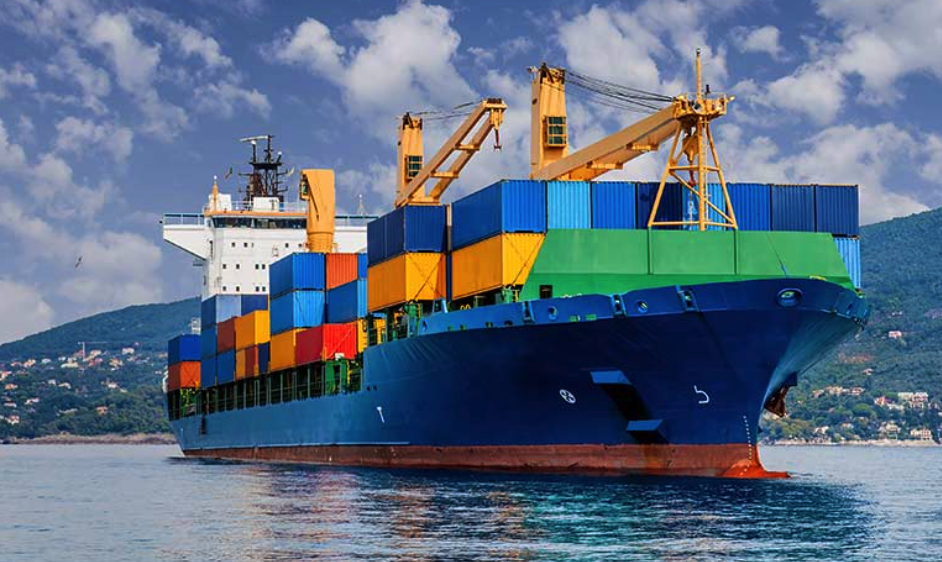Due to disturbed supply and demand, shipping capacity was withdrawn until mid-2020 from various trade lines, which caused bottlenecks when demand grew rapidly again. What is more, a number of stakeholders reported that carriers have been extremely selective in picking up EU cargo, shipping empty containers to Asia as fast as they can to use them for higher inbound rates, which is putting the EU’s reputation as a trusted trading partner at risk.
While schedule reliability diminished over the last year, transportation costs have sky-rocketed and carriers have been making record-high profits in 2021.
1. Can the Commission explain what it is doing to monitor competition in the container shipping sector, the selective picking of cargo and routes, and surging freight rates? Is it aware of the long-term ramifications for European businesses, in particular SMEs, if the current situation does not improve?
2. Is it planning to follow the US approach to intensify inquiries and efforts, notably by challenging alliances between carriers if they ‘produce an unreasonable reduction in transportation service or an unreasonable increase in transportation cost or substantially lessen competition’?
Written questions should be answered by the European Commission within eight weeks.
It is not the first time that the European Parliament questions the European Commission on this topic. There is an evident lack of transparency on how the Commission is monitoring the situation. Whether the institution has been taking any actions at all stays questionable. It is also unclear how the current CBER guarantees an equal competitive basis for all the actors involved.
In October 2021, several Members of the European Parliament asked the Commission about the unfair practices in the container shipping industry. It took the Commission 14 weeks to respond.
The MEPs asked:
1. Is the Commission of the opinion that the current EU regulatory framework is fit for purpose to ensure a well-functioning container shipping market that uses fair practices?
2. What is the Commission’s view on the exemptions from normal competition protections provided by the CBER in the light of the current distortion of the container shipping supply chain?
3. When can we expect the Commission to take the aforementioned necessary measures to facilitate the return to normal operations and fair practices in the container shipping supply chain?
The Commission answers that the monitoring of the container shipping sector carried out by the Commission, in cooperation with other regulatory and competition authorities since the start of the pandemic, has not led to identifying anti-competitive behaviour from alliances aimed at increasing freight rates.
As a consequence, the Commission does not currently consider that the applicable EU regulatory framework, including the Consortia Block Exemption Regulation, would fail to prevent unfair practices or distortions of competition in the sector.
Considering the multiplicity of the causes for the price hikes and service disruptions linked to the pandemic, the Commission is still exchanging information and analyses with all relevant stakeholders to identify whether specific measures may be needed to increase the system’s resilience.
The Commission is preparing for the process of review of the Consortia Block Exemption Regulation, which will expire in 2024.

